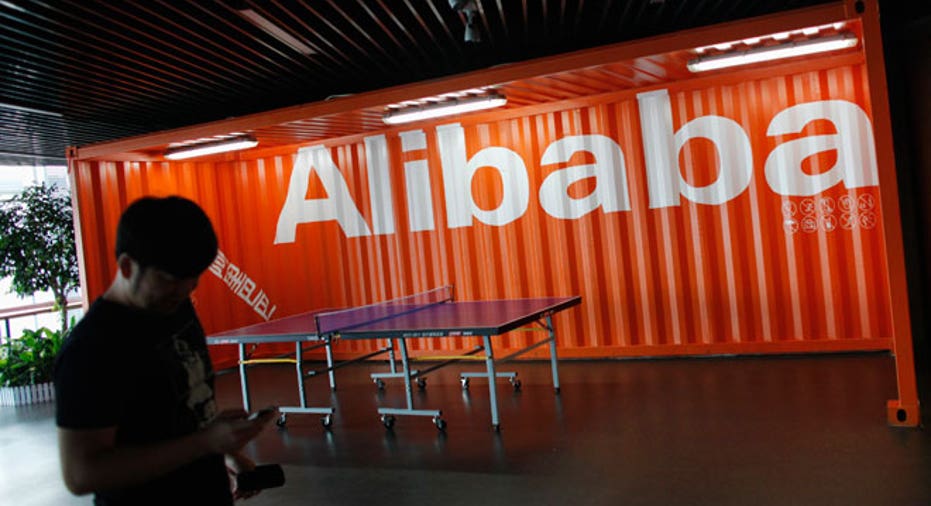Alibaba Discloses Stakes in Company and Denies Princelings’ Influence

New York – Alibaba disclosed new information on how much several Chinese institutional investors hold in the company ahead of its much anticipated IPO.
In a statement posted on Weibo, the Chinese ecommerce behemoth said Boyu Capital, which reportedly employs as partner the grandson of former Chinese president Jiang Zemin, holds a 0.55% stake as of the end of June. CDB Capital holds 0.47%, while Citic Capital Holdings owns 1.1%.
Alibaba could be the largest-ever technology IPO in the United States. If the company is valued at what is expected to be $200 billion, these three companies hold more than $4 billion worth of Alibaba shares.
The disclosure came on the heels of a New York Times report that argued Alibaba generated business with the assistance of sons and grandsons of elite Chinese officials, known as "princelings," when buying back stock from Yahoo in 2012.
Alibaba said the report “mistakenly described” its relationship with its investors.
"To those outsiders who stress companies' various 'backgrounds', we didn't have them before, we do not have them now and we will not need them in the future,” Alibaba wrote.
The developments are not likely to significantly impact Alibaba’s stock sale, which is expected after Labor Day.
“[This is] likely to affect the deal inasmuch as some portion of international retail investors may lose some interest, but they were never going to drive the IPO success anyway,” James Gellert, CEO of Rapid Ratings, told Fox Business. “Investors interested in the Ali IPO know that there are opaque aspects to the company and the industries it operates in through China.”
Rapid Ratings, a firm that analyzes corporate financial health, assigned Alibaba a financial health rating of 75 out of 100 in mid-June after evaluating its public filings and company information.
“Consider that the closer the ties to the Chinese government, the more vested the interests are in China to see the Alibaba IPO be successful and their stock be seen as a bellwether for Chinese technology prowess,” Gellert said. “The vested parties will likely do all they can to ensure a successful deal, which likely bodes well for the non-Chinese institutions considering investing."
Meanwhile, online discussion of Alibaba’s Chinese institutional investors and their relationships with the government was censored, according to Weiboscope, a project that monitors Chinese social media data at University of Hong Kong’s Journalism and Media Studies Center. The New York Times has been blocked in China since October of 2012.
Alibaba will list on the New York Stock Exchange this fall under the ticker BABA.



















